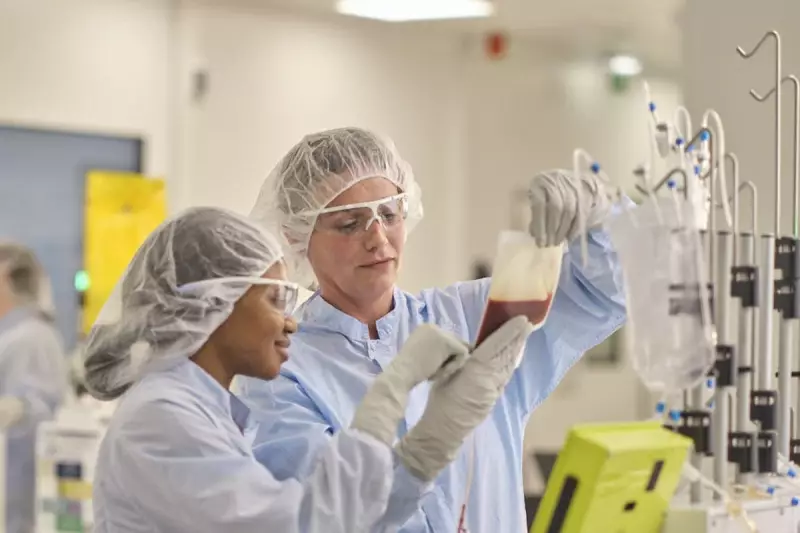
In a landmark decision for cancer care in the United Kingdom, the NHS has approved a revolutionary new treatment that has the potential to cure a specific form of leukaemia. This 'next generation' immunotherapy, known as Obe-cel, represents a significant step forward in the fight against blood cancer.
A British Medical Breakthrough
The therapy was developed by Autolus, a company that spun out from University College London (UCL), showcasing the strength of British medical research. Officially recommended by the National Institute for Health and Care Excellence (NICE), the treatment is now approved for use within the NHS in England for patients aged 26 and over.
Obe-cel is a type of CAR T-cell therapy. It works by genetically modifying a patient's own cells, effectively reprogramming the body's immune system to recognise and aggressively attack cancer cells. A key advantage is that it is designed as a one-time treatment, administered just once in a patient's lifetime.
Hope for Patients with Limited Options
This new option is specifically for individuals living with relapsed or refractory B-cell acute lymphoblastic leukaemia (ALL), a rare and aggressive blood cancer. For these patients, who have seen their cancer return after initial treatment or not respond at all, options are often severely limited.
Clinical evidence supporting the therapy is compelling. A study involving 94 patients demonstrated that an impressive 77% went into remission after receiving Obe-cel. Even more promising, over half of those patients showed no detectable signs of cancer after three and a half years. The treatment is also noted for having fewer severe side-effects compared to other available options.
It is estimated that this decision could benefit more than 150 people over the next three years.
Expert and Patient Reactions
Helen Knight, director of medicines evaluation at NICE, stated that the treatment "offers real hope to people living with this rare and aggressive blood cancer" and could be a "life-saving drug" that allows patients to spend less time in hospital.
Professor Peter Johnson, NHS national clinical director for cancer, hailed the "cutting-edge therapy", noting it acts as a "living medicine" that guides a patient's T-cells to kill the cancer.
The development was also celebrated by Dr Claire Roddie, a UCL Hospital consultant haematologist, who expressed delight that many more patients will now benefit from this therapy on the NHS.
The human impact is best illustrated by patients like Harry, a 19-year-old student from Harrogate, who received Obe-cel in a 2024 clinical trial. He reported that the treatment worked better than expected without the horrible side-effects, stating, "The biggest thing it offers is hope."
The treatment will be delivered intravenously in two doses, 10 days apart, at selected specialist CAR T-cell centres across England.






